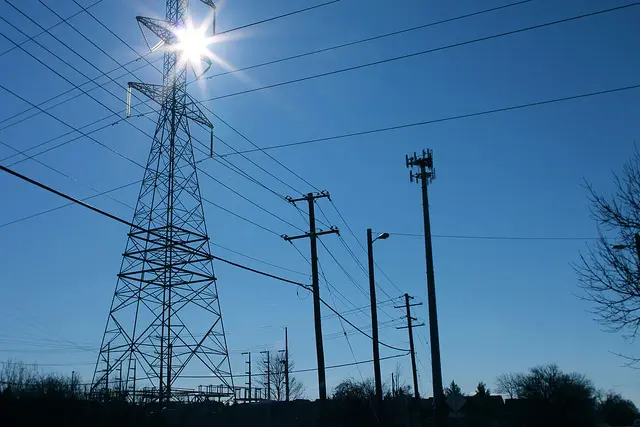On November 18, Maroš Šefčovič, delivered the first ever ‘State of the Energy Union’ speech, designed to become an annual moment of reflection on the progress toward creating a European energy union. Arguably, the most contentious element of EU external energy policy remains the series of bilateral agreements that member states strike with Russia’s energy giant Gazprom. The European Commission is keen to emphasize that such an approach not only heightens risks to Europe’s energy supply but also undermines the EU’s ability to speak with a common voice on security and foreign policy issues involving Russia.
In an attempt to diversify Europe’s supplier base and get everybody singing the same tune, the commission and the EU’s foreign policy chief, Federica Mogherini, launched an action plan for energy diplomacy in July 2015 as a cornerstone of the energy union. However, in writing this action plan, the EU seemed to have forgotten what it is truly good at, and what it should instead leave to the rules of the internal market write Sijbren de Jong (HCSS) and Jan Wouters (Leuven Centre for Global Governance Studies, KULeuven) for Carnegie Europe’s Strategic Europe Blog.
The text can be read here.
EU magazine Vocal Europe republished the article on its website on 4 December.

